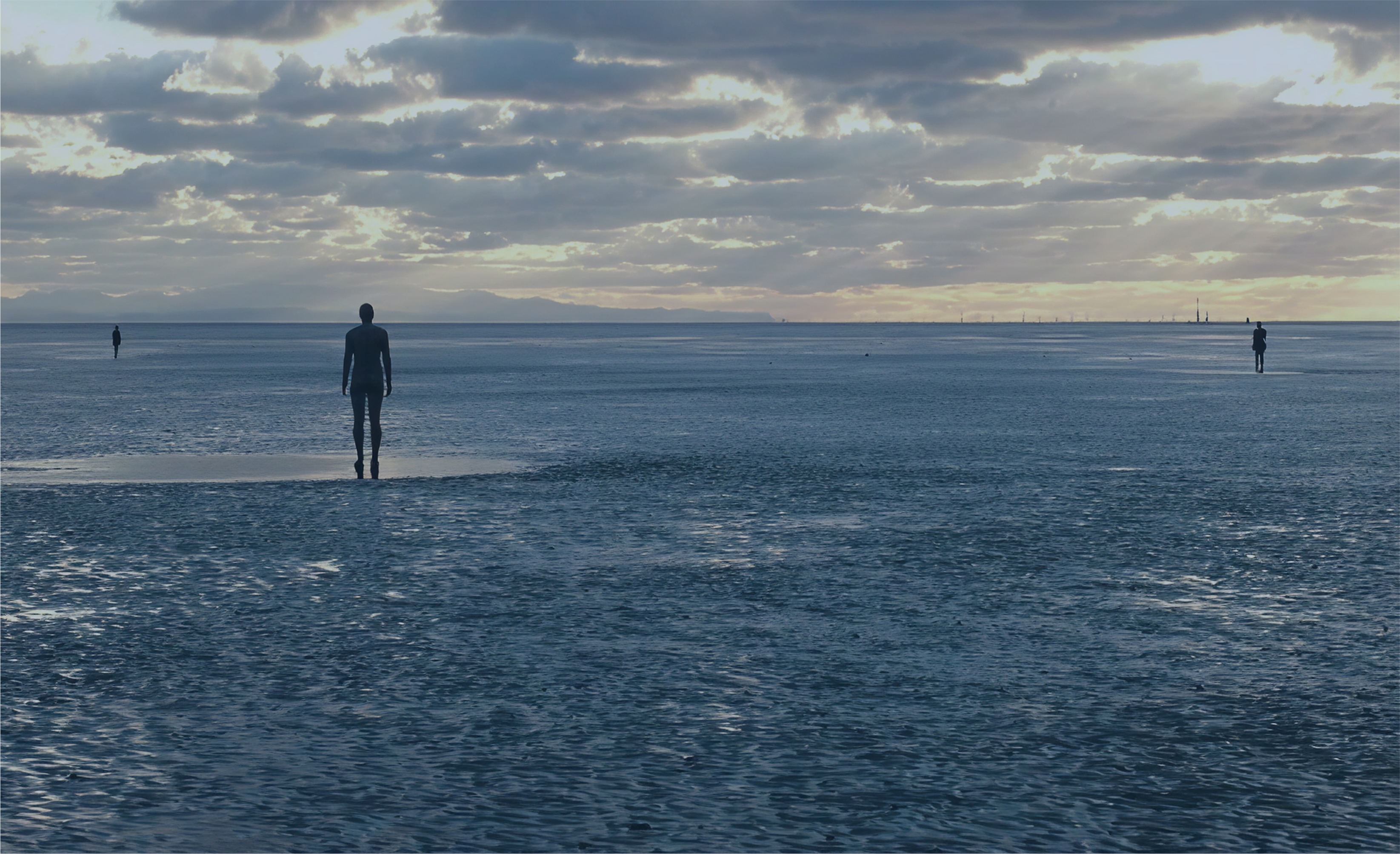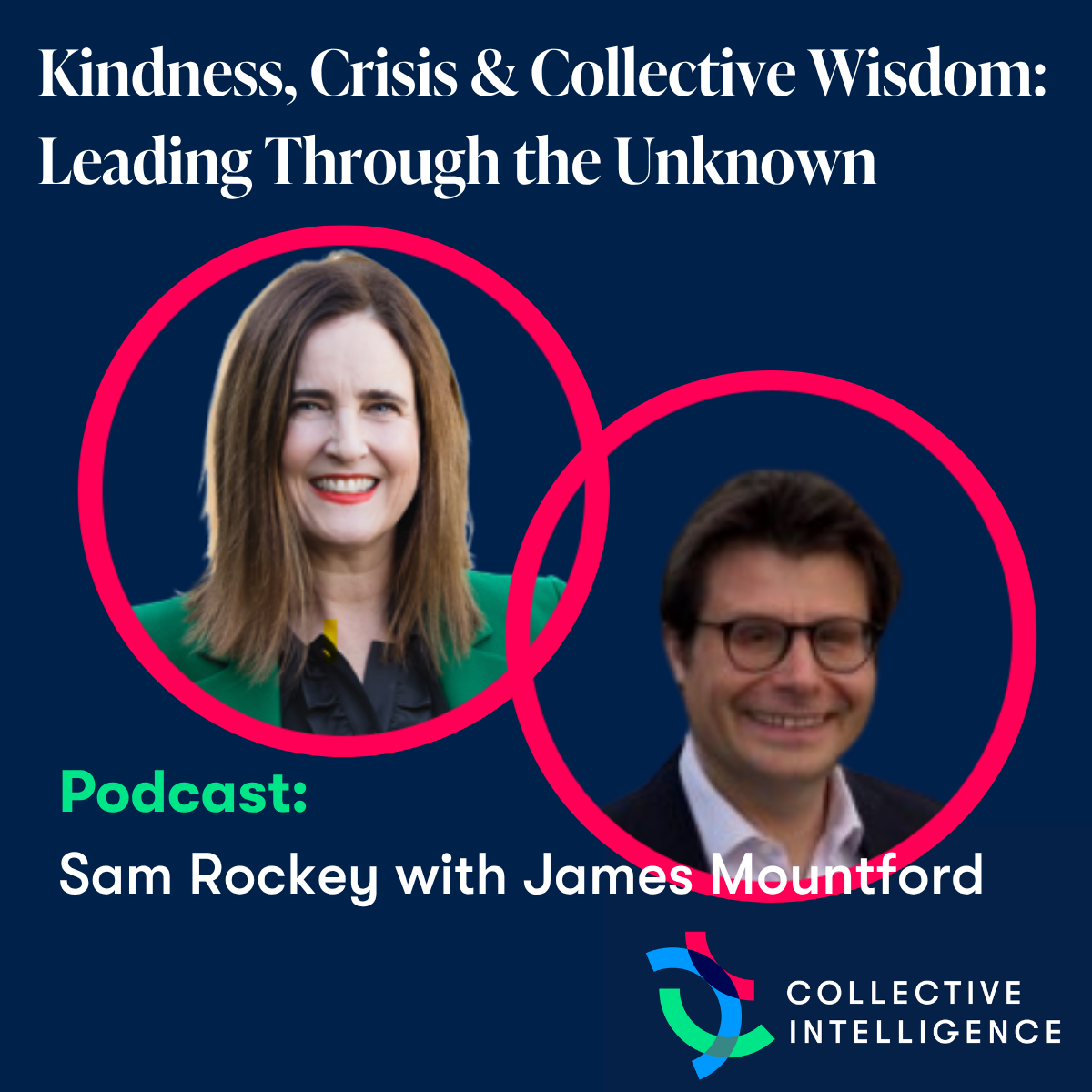I love the Olympics. Every 4 years the games roll around. I remember being 15 years old, inspired by watching rowers Steven Redgrave and Matthew Pinsent take home the gold medal in Atlanta in 1996. I imagined one day sitting at the start of an Olympic games, knowing that would mean I was one of the world’s best athletes, and having a chance to bring home a gold like Steve and Matt.
Shortly before those Olympic games, I had taken my first few tentative rowing strokes. I’ll never forget my coach’s simple words, that “it will take you 5 minutes to learn the stroke and a whole lifetime trying to perfect it.” He was right. It sparked something in me that would dominate my life for over a decade.
I never realised that Olympic dream but did pull on a Great Britain vest at the under-23 world championships. Despite that, when I finally accepted that I would never become an Olympian, a dream died. It took me years to realise that the most important thing is having that dream in the first place, having the desire to row the perfect stroke, and being in the pursuit of excellence.
I was thinking of this again recently during the Paris Olympics. I was watching the judo with my 7-year-old judoka (he’s a judoka but also a goalkeeper, but that’s too long a story to get sidetracked by). As we watched what to many other sets of eyes are men and women grappling in pyjamas, my son declared, “that’s never an Ippon daddy, it’s only a Wasari, he turned over before he hit the floor”… “ooh daddy, did you see that, it was an O-ichigari?”
I was somewhat shocked by the Japanese terms flooding out of my son and it dawned on me that he was living the same experience I had as a young athlete. He has realised that the basic rules that he was taught before even receiving his first belt are the same principles that govern the world’s best. He learnt in 5 minutes what might take him a lifetime to perfect.
Watching both my boys, 7 and 10, over the summer holidays has reminded me of the power of the search for mastery. The nature of the search changes regularly – one moment it is judo practice (using dad as the dummy to test all of your best throws), copying Ederson’s goalkeeper kicks, trying to play Ed Sheeran on the piano or perfect their football shot. In all cases, it is not necessarily the achievement that excites them but the joy of improvement. As George Leonard, author of the book Mastery puts it:
“We fail to realize that mastery is not about perfection. It’s about a process, a journey. The master is the one who stays on the path day after day, year after year. The master is the one who is willing to try, and fail, and try again, for as long as he or she lives.”
Mastery, as a concept, has fallen out of favour in organisations. We associate it with knowing in a world in which we need to learn. Alternatively, we caution against the laziness that arises from having ‘mastered’ a skill. In an age of automation, overconfidence precedes obsolescence.
We would do well to remember that the pursuit of mastery is an ongoing process. It is an expression of pure humanity – the desire to throw our energy and attention into learning and growth that reflects our innate ability to adapt.
The journey of mastery need not be overly focused on narrowly defined skills, whether sporting or professional. As we mature, we stop focusing so intently on mastery in single pursuits (much as I would like to spend whole days in the garden joining the boys in shooting practice…). Instead,we might seek mastery in multiple complex activities: leadership, writing, or parenting. Seeking mastery, in these cases, is not about achievement. Instead, it is choosing to be a perpetual learner and holding one’s expertise lightly. It is letting go of any notion of perfection. In fact, it is celebrating the fact that perfection is neither definable nor achievable. In the words of Lionel Messi, a name associated with sporting ‘perfection’:
"The day you think there is no improvement to be made, is a sad one."
Speaking of perfect….for anyone who is wondering, I never rowed that perfect stroke, though maybe it’s not too late.













































.png)






























.jpg)

























.png)

.png)
